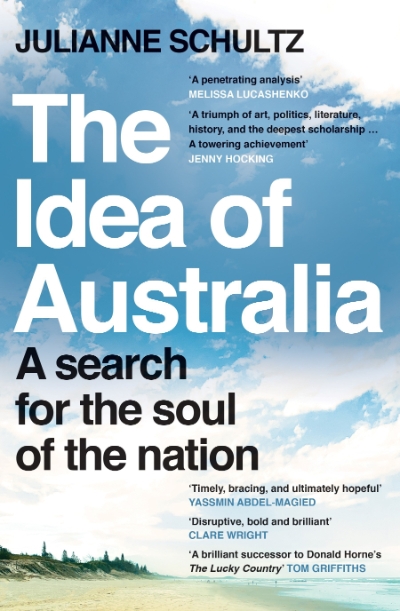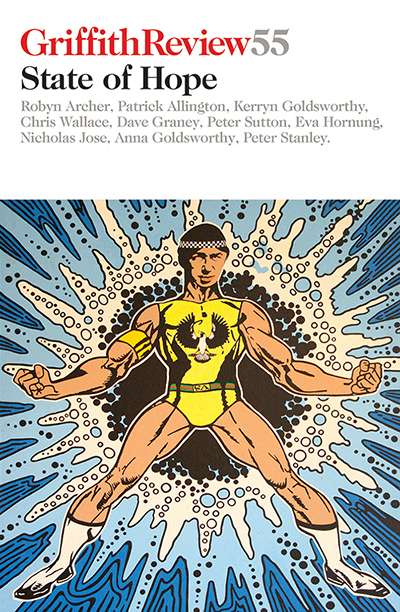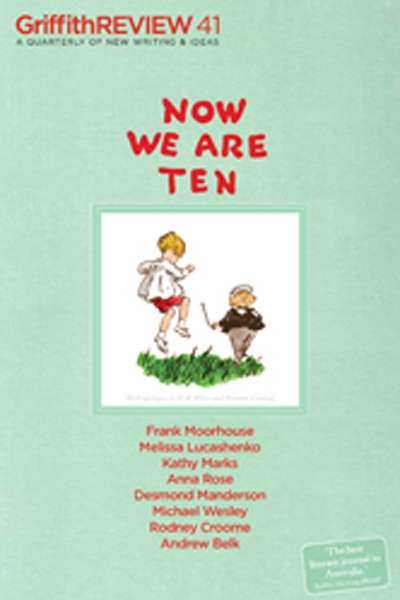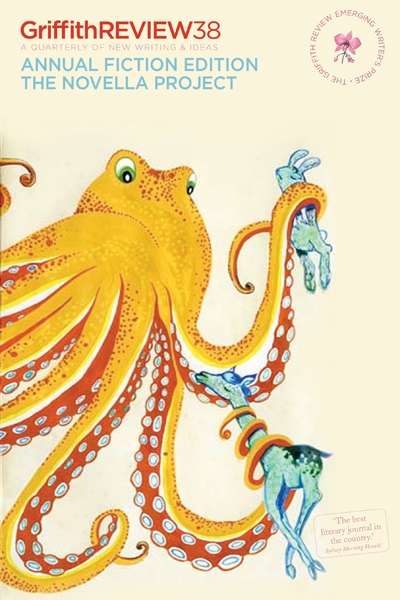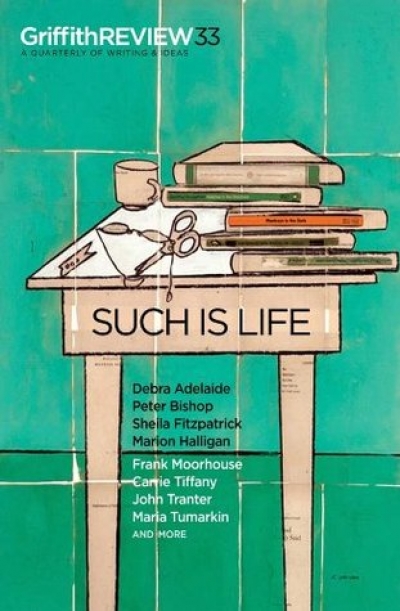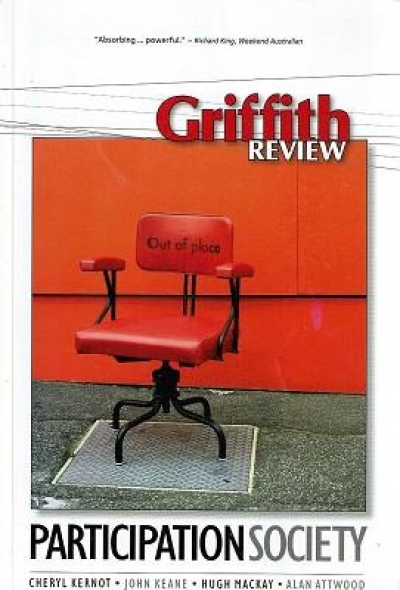Julianne Schultz
The Idea of Australia: A search for the soul of the nation by Julianne Schultz
by Robert Phiddian •
Over the last few years Australia has undergone a nationalistic cultural renaissance. Just as manufacturers have discovered that the addition of the Advance Australia logo has added a healthy percentage to retail sales, so too the ‘manufacturers’ of popular culture have discovered a more receptive home market, which has helped them weather the recession better than other industries.
... (read more)Griffith Review 55: State of Hope edited by Julianne Schultz and Patrick Allington
by Robert Crocker •
Griffith Review 38: The Novella Project edited by Julianne Schultz
by Imogen Smith •
Griffith Review 33: Such Is Life edited by Julianne Schultz
by Jay Daniel Thompson •
Griffith Review 24: Participation Society edited by Julianne Schultz
by Anthony Lynch •
Meanjin vol. 66, no. 2 edited by Ian Britain & Griffith Review 17 edited by Julianne Schultz
by Lyn McCredden •

